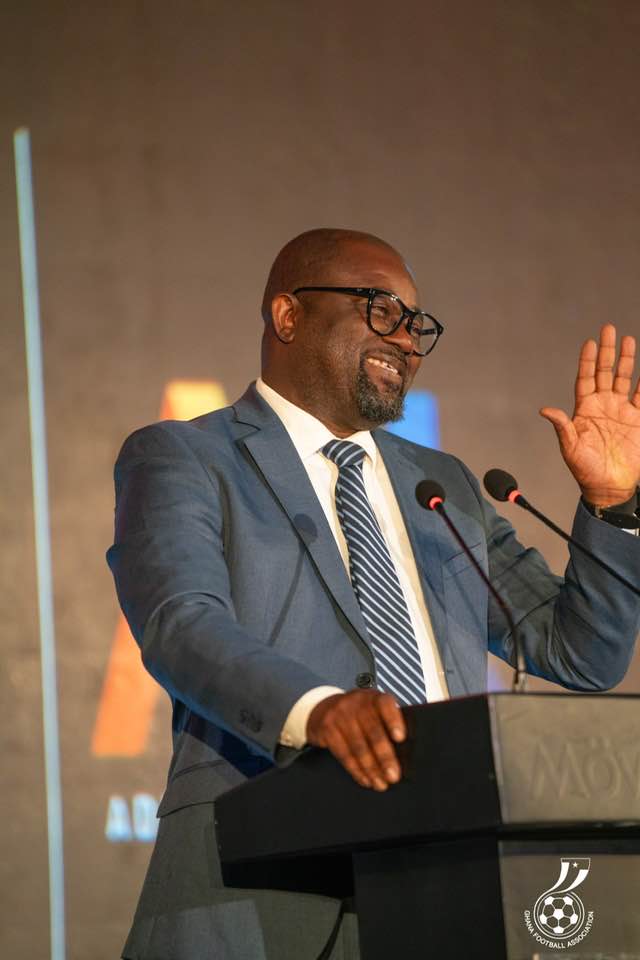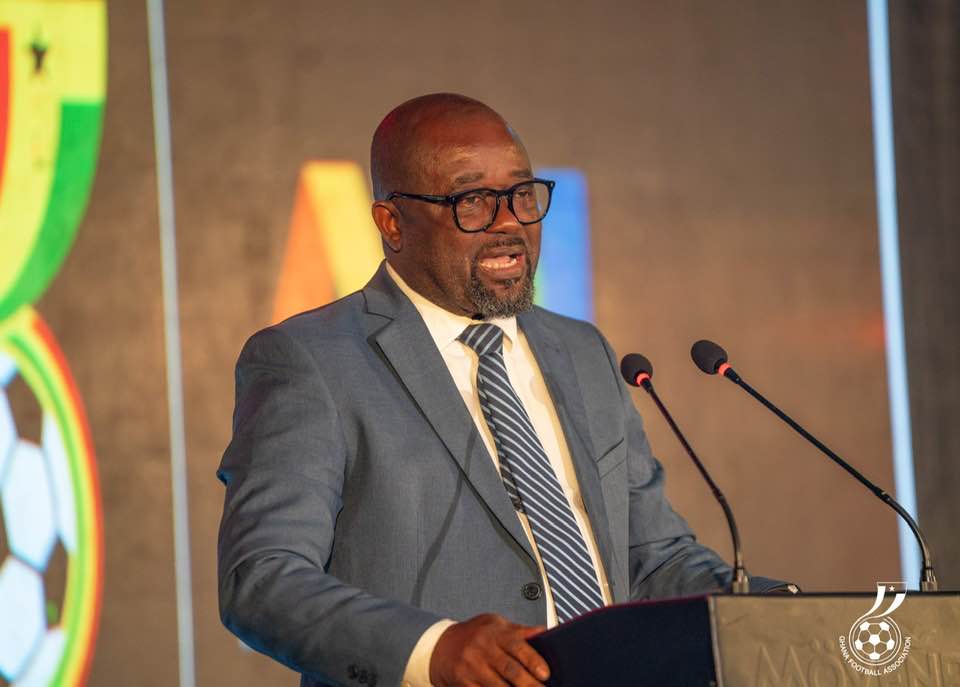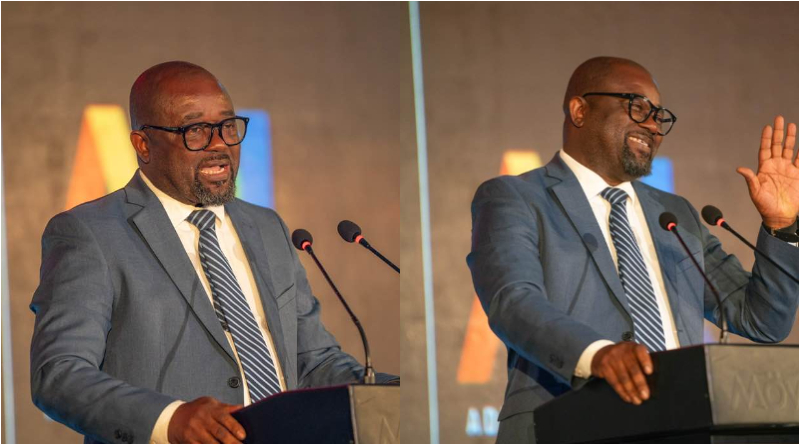The Ghana Football Association (GFA) has officially amended its statutes to extend the presidential term limit from two to three terms. The decision was made during the Association’s 31st Ordinary Congress, held in Prampram, which brought together delegates from all 124 member bodies to discuss the future of Ghanaian football.
Mandated by Article 31(2) of the GFA Statutes (2019), the annual Congress serves as the Association’s highest decision-making forum before the start of each football season. It reviews progress, presents audited financial and activity reports, and outlines strategic objectives for the coming year.

This year’s Congress addressed several governance reforms, with the most significant being the term limit adjustment. Previously, a GFA president could serve only two four-year terms — a total of eight years. Under the newly approved amendment, the maximum tenure is now three four-year terms, allowing a president to serve for up to 12 years in office.
The GFA stated that this change is designed to enhance stability and continuity in leadership, creating an environment conducive to implementing long-term development programs for Ghanaian football. “The amendment aligns with the statutes of FIFA and the Confederation of African Football (CAF),” the Association noted, emphasising that extended leadership tenures are common in global football governance.
The reform is reportedly backed by FIFA, which has long encouraged its member associations to adopt governance models that allow for sustained strategic planning. Supporters of the change argue that it will give the GFA leadership the necessary time to see through complex projects, such as youth development programs, infrastructure upgrades, and domestic league reforms.
However, the amendment has also sparked debate among some football stakeholders. Critics fear that extended terms could reduce opportunities for leadership renewal and innovation, potentially entrenching power within a small circle. In response, GFA officials have stressed that the democratic election process remains intact, ensuring that presidents must still secure majority support from Congress delegates to continue serving.

The change could have immediate implications for current GFA President Kurt Okraku, who is currently in his second term with two years remaining. If re-elected, the new rule would allow him to serve an additional term, potentially extending his leadership through to 2031.
Beyond the term limit reform, the 31st Congress also reviewed financial reports, discussed the progress of various development projects, and approved the calendar for the upcoming football season.
The decision marks a significant shift in Ghanaian football governance, one that could shape the strategic direction of the sport for more than a decade. Whether the amendment delivers the promised stability and development will depend on the GFA’s ability to balance continuity with accountability in the years ahead.




